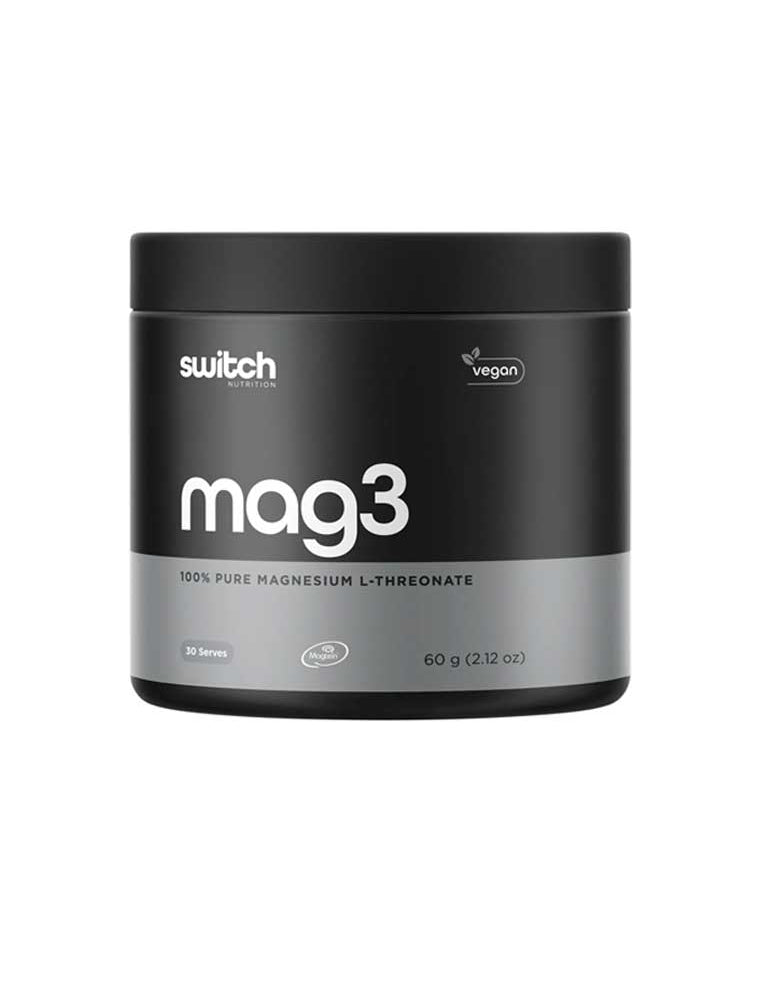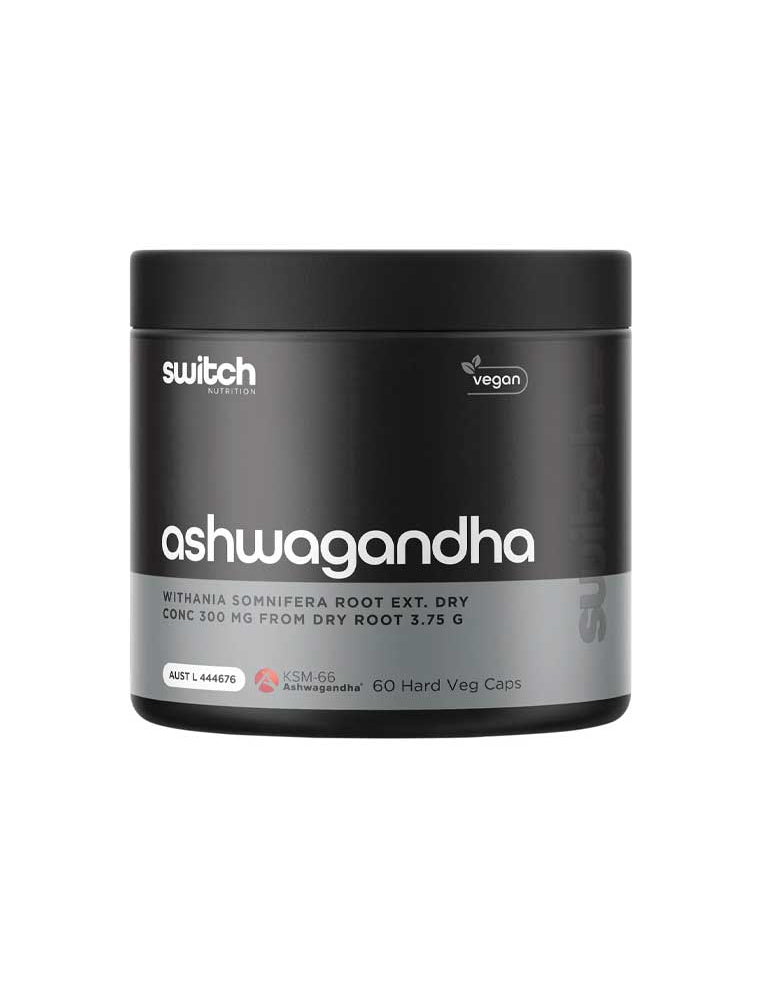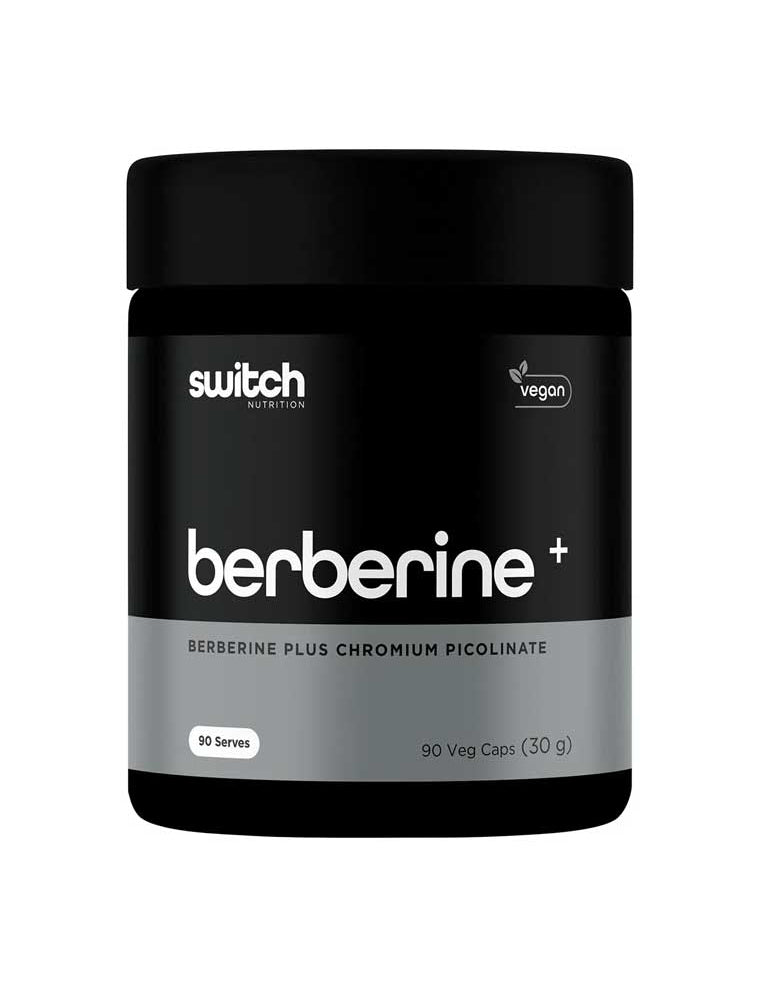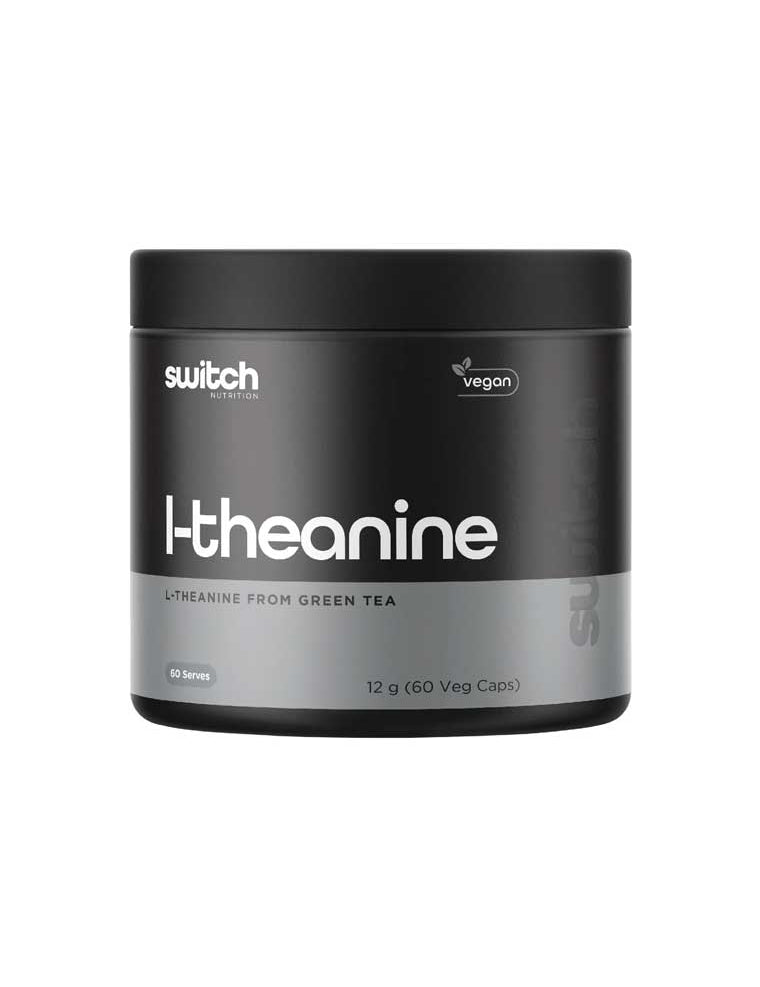
Oral Magnesium: Your Questions Answered
Find answers to common questions about oral magnesium supplements and factors related to absorption.
Popular Q&As for Oral Magnesium
1. What are the different types of oral magnesium supplements?
Several forms of magnesium are available as supplements, each with different properties and characteristics. Magnesium glycinate combines magnesium with glycine amino acid and is generally well-tolerated with minimal digestive responses. Magnesium citrate is a form of magnesium that has been studied in relation to blood sugar metabolism. Magnesium malate has particular absorption characteristics and is often discussed in relation to energy production. Magnesium lactate is absorbed in the gut and tends to have milder effects on the digestive system.
2. Which foods contain magnesium?
Magnesium occurs naturally in many whole foods including dark leafy greens (spinach, kale), nuts and seeds (especially pumpkin seeds and almonds), legumes, whole grains, and dark chocolate. Greens powders and protein supplements often contain magnesium from food sources. Some mineral waters also contain magnesium. Including these magnesium-containing foods in your daily diet provides this essential mineral along with other nutrients that are involved in the absorption and utilisation of magnesium.
3. How do different forms of magnesium vary?
Different forms of magnesium have varying properties: Magnesium glycinate contains the amino acid glycine and has been studied for its relationships with sleep patterns and relaxation. Magnesium malate has been researched in connection with energy metabolism and muscle comfort. Magnesium citrate is a commonly used form for general supplementation. Magnesium lactate is often described as gentle for those with digestive sensitivities. Some magnesium products contain complexes that combine several forms, and some people choose to use different types at different times based on their individual circumstances.
4. What factors are related to oral magnesium absorption?
Several factors may influence magnesium absorption. Taking supplements with food, particularly those containing healthy fats, is often suggested. Phytic acid (found in unsoaked grains) and calcium supplements may interact with magnesium absorption. Vitamin D status has been studied in relation to magnesium metabolism. Some people find that taking smaller amounts throughout the day rather than a single large dose aligns better with their individual response. Hydration status is another factor involved in mineral absorption generally. These considerations may be especially relevant since factors like stress, processed foods, and certain medications have relationships with magnesium requirements.
5. How do oral and topical magnesium differ?
Oral and topical magnesium involve different pathways and can be used together. Oral supplements enter the body through the digestive system but may not suit everyone's digestive comfort. Some tablets and capsules contain additional ingredients such as binders or fillers that may affect absorption. Topical applications like Magnesium Creams or Sprays interact with the body through the skin rather than the digestive system, allowing for direct application to specific areas with different absorption patterns. Many people incorporate both approaches, including adding magnesium salts to a warm bath (or foot bath) as part of an evening self-care routine.
6. What are the differences between magnesium powders and capsules?
Both powders and capsules are common formats for magnesium supplements. Powders can be mixed into drinks, which allows for adjustable serving sizes and may influence absorption. Higher concentrations of magnesium sometimes coincide with digestive changes (a laxative effect), which can affect how much remains in the body before natural elimination occurs. Many people include powders mixed into a warm evening drink as part of their bedtime routine to promote relaxation and sleep. Capsules provide pre-measured amounts and convenience, particularly when travelling or at work. The choice between formats often depends on personal preference, lifestyle factors, and which option fits most easily into daily routines, as consistent use is associated with maintaining normal magnesium levels.
When considering any new diet, vitamins or supplements it is important to seek advice from your healthcare professional. ALWAYS READ THE LABEL AND FOLLOW THE DIRECTIONS FOR USE.

Earn Juicy Rewards
Login to earn Juicy Rewards on every order.













